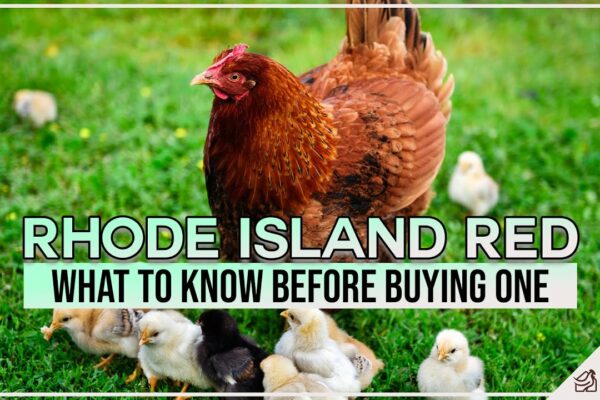
Is it safe to consume tap water in Rhode Island?
Rhode Island residents can rest assured knowing that tap water in the state is safe for consumption. The Rhode Island Department of Health consistently monitors water quality, ensuring it meets or exceeds federal safety standards. With advanced purification methods and regular testing, Rhode Island’s tap water is clean, reliable, and poses no health risks to its consumers.



